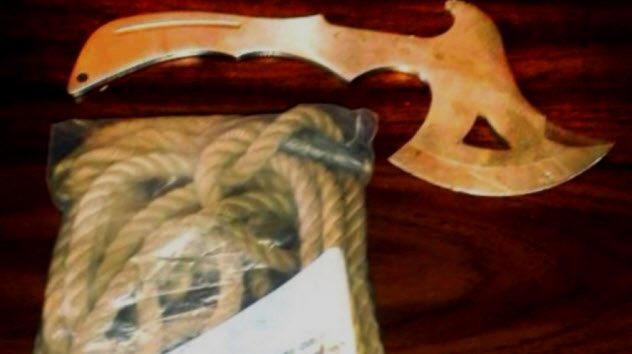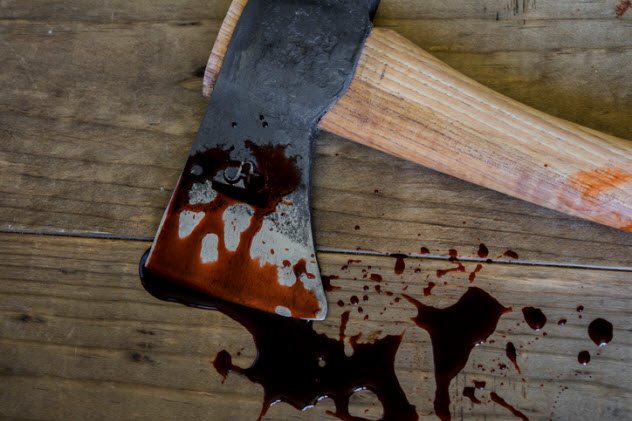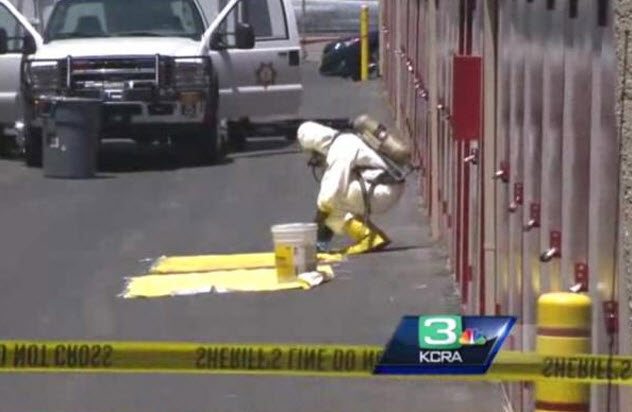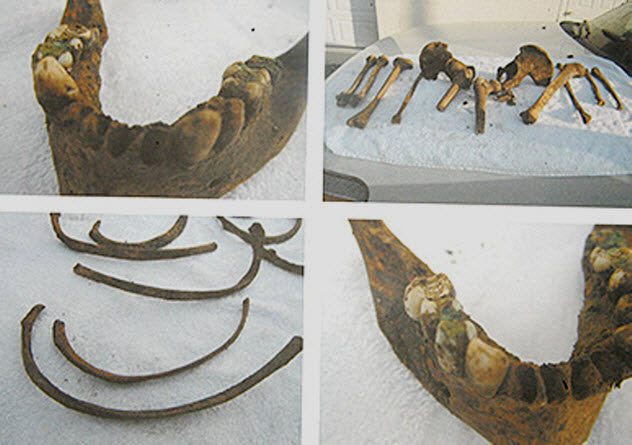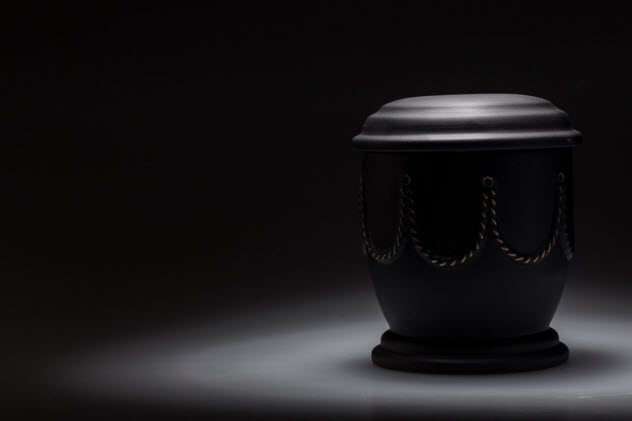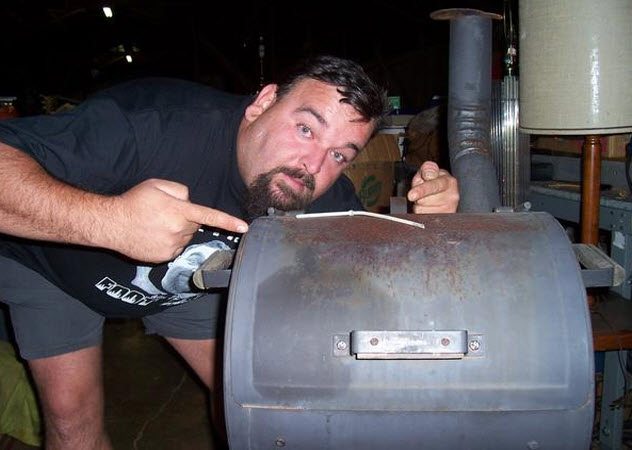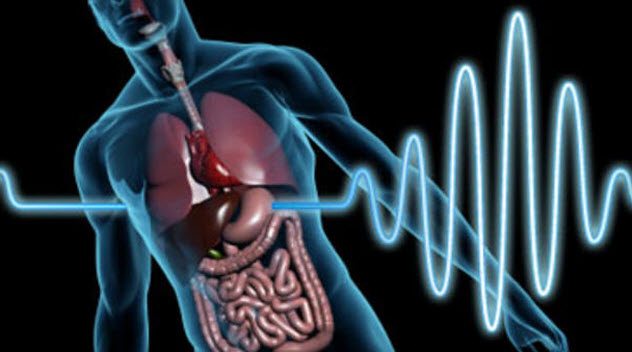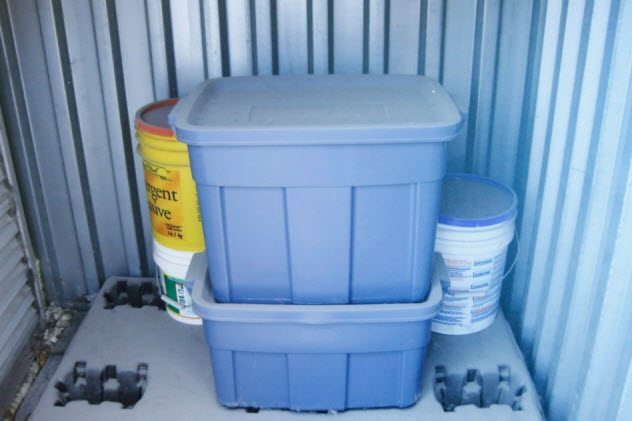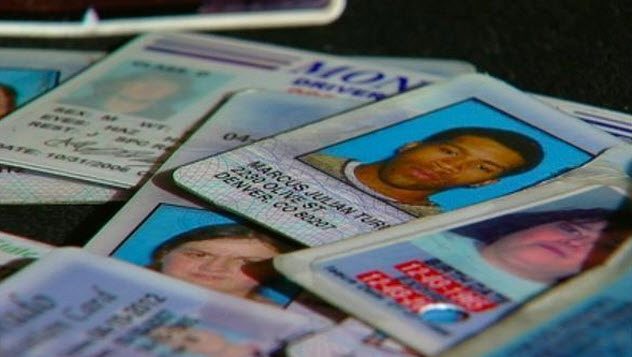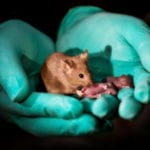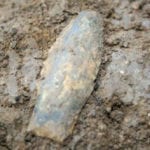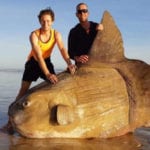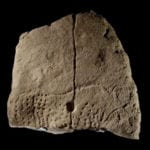10 Murder Evidence
Rick Ratzlaff was attending a storage unit auction in Colorado when he spotted a shed that contained police car lights. Ratzlaff bought the unit, and he discovered that it contained other police-related items, including boxes of court documents and sheriff deputy uniforms which bore the name Robert Dodd. Ratzlaff dug through the boxes and discovered several envelopes labeled evidence. Within the envelopes were a bloody rope, an axe, boxes of paperwork, and blood-soaked socks. He reported his discovery to police. The evidence was from an unsolved murder case: 17-year-old Candace Hiltz had been shot seven times in her home. Five days before her death, Hiltz had had an altercation with a local deputy. The deputy had been questioning Hiltz’s brother, who was a trespassing suspect. Hiltz was upset at the policeman’s tone, and she ended up shouting at him. The deputy threatened to arrest Hiltz, and she told him that she had seen him accepting envelopes from known drug dealers. The policeman stormed out of the house. Three days later, the Hiltz family discovered their dog’s body in the woods behind their house. He had been tied to a tree with a rope and killed with an axe. Both items were found in Dodd’s storage unit. Two days after their dog’s murder, Hiltz’s mother returned home to a blood-spattered home. She found her daughter’s body hidden under a bed. An autopsy revealed that the girl had been shot seven times by three types of guns.[1] Hiltz’s murder remains unsolved. The evidence found in the storage shed ended up in the hands of the Colorado Bureau of Investigation. Dodd was placed on administrative leave. He was later charged with official misconduct and abuse of public records.
9 A Murdered Family
Near Seattle, George Gennai was intrigued that someone had rented a storage unit for 12 years, and he bought it in hopes that he would discover valuable antiques. Gennai started to look through his purchase. He peeled back layers of heavy landscaping plastic, and he dug through a 1-meter (3 ft) layer of clothes. Gennai was hit by a horrible stench that reminded him of Vietnam. He opened a trash bag and discovered a human skull.[2] He called the police, who examined the bodies. Medical examiners identified the remains as 35-year-old Barbara Bender and her two sons, 15-year-old Mark and eight-year-old Brian. The family had been killed by blunt blows to the head. Police found a hatchet with blood and hair fragments in the locker. The Benders had been missing since 1980. They were last seen loading a U-Haul the day after Barbara had filed for divorce. Police started to investigate Barbara’s husband, Mark, who had rented the locker. Mark was arrested, and he confessed to the murders. He had kept his former family hidden in the locker. However, the locker’s contents were auctioned off after Bender’s new wife stopped making rental payments on the storage unit. Bender was charged with three counts of first-degree murder, and he was sentenced to 80 years in prison.
8 Meth Lab
Steve and Ken Bohannon often bought storage units to find goods to sell, and they were delighted when they purchased a unit in Rancho Cordova, California, for $80. The Bohannons began to look through their winnings. It seemed to be a typical find. However, they soon stumbled across boxes that had “danger” and “poison” written on them. The Bohannons peeked inside, and they saw pipes, beakers, and gas masks. They called the police, who examined the Bohannons’ discovery. Police realized that the boxes contained hazardous, old-fashioned equipment that was used to make meth. The material was so toxic that hazmat specialists needed to be called out. In addition to lab equipment, the team also discovered a 20-liter (5 gal) drum that was half full of meth. Police are unsure if the lab was operated in the storage unit. They are investigating the find, and detectives are tracking down the former owners.[3]
7 Human Bones
Robert Wood’s storage unit in Kentucky was auctioned off after he died. The men who bought the unit were disappointed with their purchase. All they found was clothing and an electric train collection. The men were hopeful when they stumbled across a few full yellow grocery bags. However, that hope soon turned to horror: The bags contained human bones. The men brought the bones to the storage facility office. The manager called the police, who sent the bones to the state medical examiner’s office. They discovered that the bones belonged to Doris Wood, Robert’s wife. Doris had been missing for 16 years. She had disappeared on the way to visit her sister. Robert had told the couple’s daughter, Jennifer, that Doris had abandoned them. However, Jennifer was suspicious of her father.[4] Robert had given Doris’s ring to a family friend, and Doris never removed that ring. Police searched the family’s home, but they found nothing. Doris’s death is still under investigation. The condition of her remains makes it difficult to discover how she died. They only know that her femur bones were cut in half with a saw. Police plan to search the family’s home again.
6 Human Ashes
Bill Smith had attended storage unit auctions for 20 years before he found something truly bizarre in Nevada: 27 urns filled with human ashes. The unit’s previous owner was April Parks, who was a court-appointed guardian. She made legal and financial decisions for senior citizens. Parks was responsible for her wards when they died. Instead of searching for their families, though, she just stashed them in the storage unit. Parks had stopped paying on the storage unit when she went to jail. She was facing more than 200 charges of theft, perjury, and exploitation of her elderly clients. Parks had stolen more than $550,000 from people assigned to her business. She would steal all but a few hundred dollars from her clients’ bank accounts, but she did not assist her clients.[5] Her victims included the people whose names were on the urns. If convicted, Parks and her employees could face decades in prison.
5 A Leg
Shannon Whisnant thought that he had made a lucky discovery when he found a barbecue smoker in the storage unit he bought in South Carolina. However, he was shocked and horrified when he opened the smoker and discovered a human leg. He called the police, who took the leg. Whisnant’s discovery made the local news. John Wood came forward to claim his limb. Wood’s leg had been severed during a plane crash, which had killed his father. Wood had his leg embalmed, and he kept it as a memento of his dad. Unfortunately, the accident caused Wood to develop a drug addiction, and he fell behind on his storage unit payments. Whisnant refused to return the leg. He had turned the grill into a tourist attraction, and he wanted the leg so that he could make more money. Wood was upset that Whisnant was “making a freak show” out of his leg, and he hired a lawyer. The police returned the leg to Wood, which upset Whisnant. The pair decided to take their case to a TV judge, Judge Greg Mathis. Mathis ordered Whisnant to return the leg to Wood, and the judge ordered Wood to give Whisnant $5,000.[6]
4 Body Parts
Philip Knight bought a storage unit at an auction in Pensacola, Florida. While he was searching through it, he noticed a strange smell. Eventually, he discovered the source of the odor: containers of human body parts. Knight called the police, who investigated the storage unit. They found 10 cardboard boxes, which stored more than 100 containers of organs. Each organ was in a labeled receptacle that was filled with formaldehyde and methyl alcohol.[7] Some of the containers had cracked and were leaking. Police investigated the former owner, Michael Berkland. They discovered that Berkland had worked at a medical examiner’s office. He had been fired for not completing autopsy reports, and his medical examiner license had been revoked. The organs had come from various autopsies that Berkland had performed at funeral homes. It is normal for doctors to keep tissue samples for a year in case more tests are needed. However, there is no reason for them to keep the entire organ. Berkland was arrested and charged with improper storage of hazardous waste and driving with a suspended license.
3 Infant Bodies
Andrea Giesbrecht stopped paying rent on her storage unit in Winnipeg, and it went up for auction. Before they sold the unit, workers at the storage facility peeked inside. They were hit with a terrible odor. The workers looked into a few trash bags, and they saw the decomposing bodies of newborns. The workers notified the police, who searched the locker. Police discovered the bodies of six newborns. They traced the locker to Giesbrecht despite her use of her maiden name and a false address when she rented it. Police arrested her after they collect her DNA from a used sanitary napkin found in the trash in her home. The children were hers. Giesbrecht’s case went to court. Her lawyer tried to argue that the children were stillborn. Three state experts testified otherwise. There is a 1 in 500 trillion chance of that happening. The experts could not determine how the infants died. Their bodies were too decayed. However, it is probable that the infants were born alive. The court ruled against Giesbrecht. She had hidden the pregnancies from everyone—including her husband. The court believed that she had wished to hide the existence of her children. Giesbrecht was convicted of six counts of concealing a child’s body.[8]
2 ID Theft Business
In Denver, Brandon Michael bought a storage unit to find things that he could sell. Instead, he discovered boxes and bags full of hundreds of passports, Social Security cards, and hospital records. Michael kept digging and discovered drug paraphernalia, pills, and the printer used to make counterfeit documents. Michael was worried about possessing the drugs and documents, so he brought everything to the police department. The police told him to throw everything away. Instead, Michael brought the documents to a news station. The news station discovered that the information had been stolen from a local hospital, and they informed the hospital about the theft. The hospital traced the theft to a former employee, Dawn Philbin, who had recently been fired. Philbin had been working with the owner of the storage unit, Paul Simmons, who was a professional ID thief. He knew to check the background of each person to make sure they had good credit and no history of criminal activity. Simmons wanted to make as much money as possible from the fake IDs. The police began an investigation, and both Philbin and Simmons were arrested. Philbin confessed to taking 20 patient records a week out of the hospital for over a year and a half. She was sentenced to four years in prison. Simmons was sentenced to six years in prison for creating the fake IDs.[9]
1 James Bond’s Car
In 1989, a Long Island contractor paid $100 for a storage container. The next day, he and his brother searched the unit. They lifted several blankets and discovered a strange car with fins instead of wheels. The brothers had no idea what they had discovered. They loaded the car onto a truck. Excited truckers contacted the brothers over a CB radio and asked if the car was the original from the James Bond movie, The Spy Who Loved Me. The brothers had no idea. They had never seen a James Bond movie. The contractor rented the movie when he got home and realized how valuable his discovery was. He had purchased the Lotus Esprit that was used during the movie’s underwater scene. He had the car authenticated, restored, and repaired. The contractor decided to put the car in an auction. He discovered that the car had cost over $100,000—the equivalent of almost $500,000 today—to make, and he hoped that he could make a similar amount. The car was sold for £616,000 ($997,000). Billionaire Elon Musk won the car, and he hopes to create a working version of it.[10]
